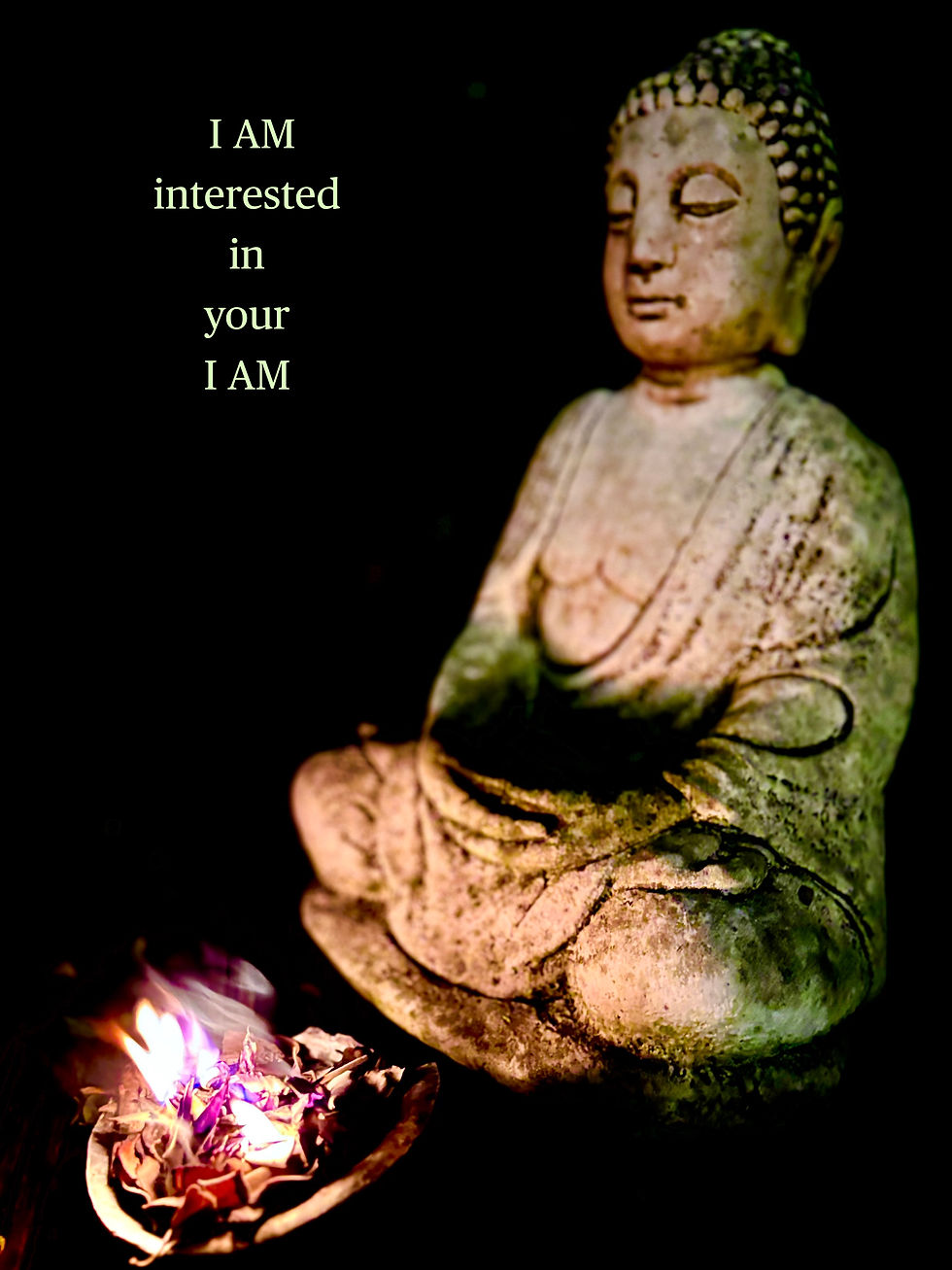The courageous heart of the Person-Centred Experiential Approach: A heuristic inquiry.
- Graham Westwell
- Apr 1, 2021
- 2 min read
ADPCA 2021 Conference, 7-11 July.
11.00AM GMT, Sunday 11 July, 2021.

This workshop is intended as a space for participants to explore what ‘the courageous heart of the person-centred experiential approach’ means at a personal level. I believe that courage to practice in a way that is full of open-hearted tenderness is a fundamental quality of the cultural ground on which person-centred experiential practitioners stand. Genuinely prizing empathic responses require courage on the part of the practitioner. This is because, in order to become empathically responsive, each practitioner must shed many layers of emotional armour and defensiveness. This is difficult and yet freeing. Most social interactions do not encourage this. I believe that, sadly, being truly and deeply empathic, is still currently a countercultural activity.
I will be sharing some experiences from my ongoing heuristic inquiry in which I am exploring how we might coherently and congruently articulate PCE practice. Moustakas (1990) describes how heuristic inquiry is a deeply personal process of turning inwards, and paying attention to one’s unfolding experience, thereby becoming more able to both access and articulating one’s own emergent wisdom. I feel passionately that heuristic inquiry is an important cultural practice to celebrate and develop for and from within our PCE community.
Laing (1967) has previously warned counselling and psychotherapy practitioners about the language of scientism, whereas Merleau-Ponty (2012) describes scientism as a second order level of experiencing. I suggest that the language of scientism dominates the culture of counselling and psychotherapy practice. How can we help each other to find the courage to articulate and take ownership of our practise by honouring our own language, method and rituals? My heuristic inquiry focuses on the development and use of the PCEPS-10, a competence/adherence measure for PCE therapy, intended to articulate PCE practice. The struggle of realising that, at times the measure encouraged an instrumental ‘doing to’ approach to therapy, rather than an open-hearted expression of empathic responsiveness is part of my cultural sharing.
I am willing to share my paintings, reflections and emotional insights from my heuristic inquiry, within our community. I hope that doing so will help others to share similar feelings and process in a way which encourages self-compassionate sharing. I hope that, together in our discussions, we can call out the cultural barriers to being courageously open-hearted and tender in our empathic responsiveness way of being.
I suggest that tenderness is a quality of PCE practice that requires courage to explore and to develop:
“Tenderness, perhaps, is a rare quality in today’s fast-paced, consumer-oriented and media-constructed society. Little attention seems to be paid to the small moments in-between. Careful and soft attention is necessary to notice these small moments within the client’s process. When we do pay such tender and careful attention, then it becomes more likely that we are sufficiently meeting the client in their process and more likely to fully receive them. Experiential therapists in training are encouraged to cultivate their ability to carefully and tenderly notice these moments and to attend to them with care and compassion.” (Westwell, 2016: 68)





Comments